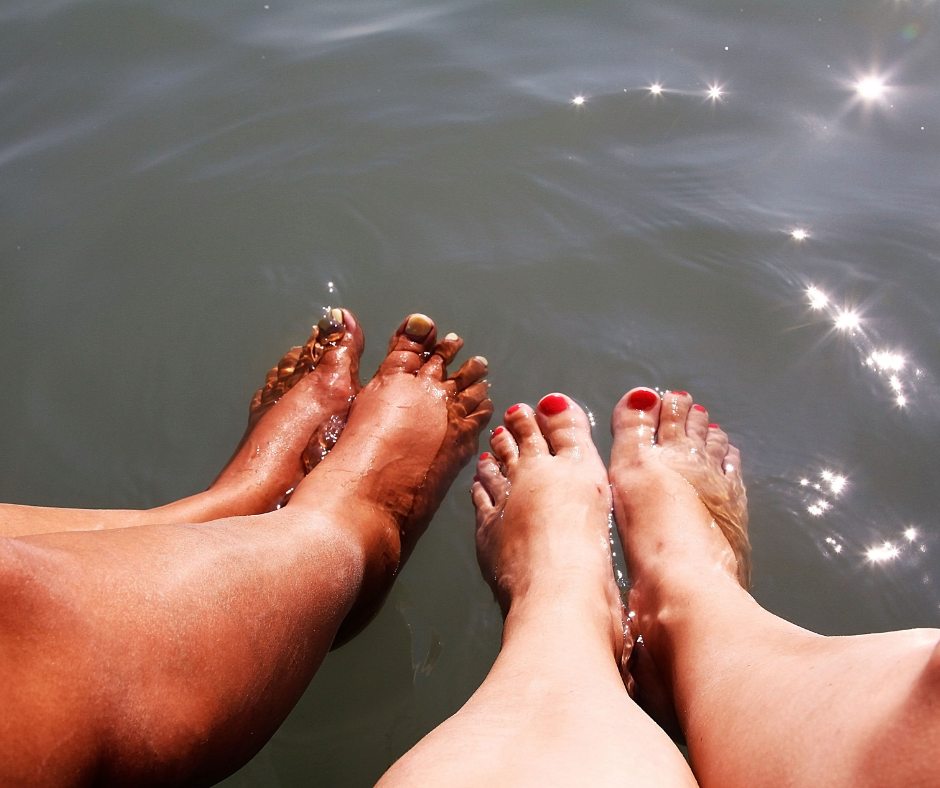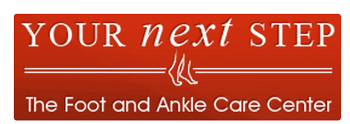
In our office, we find that women often face more foot health conditions than our male patients. That’s because, from footwear to pregnancy, lifestyle can wreak havoc on women’s foot health. So, to keep our grandmothers, moms, sisters, aunts, and daughters walking comfortably, and in observance of Women’s Health Month, today Dr. Eric Ricefield, Dr. Mark Yagodich, Dr. Aliza V. Eisen, and Cassandra Stache, DPM of greater Philadelphia’s Your Next Step Foot and Ankle Care Center are reviewing four common women’s foot health challenges.
- Bunions: Men and women get bunions, but women deal with this condition more frequently. In most cases, genetics contributes to your bunion risk. But your shoes can also cause bunions to form or worsen existing ones.
- Edema (Swelling): This condition often occurs during pregnancy or when a person must stand for long periods of time. Regardless of the cause, edema can be managed in several ways. First, rest throughout the day when possible. If the swelling is too uncomfortable, you may benefit from a pair of compression socks, particularly during pregnancy.
- Neuromas: With this condition, the shoes women wear can result in pain in the ball of their foot. When you stuff your feet into shoes that pinch, it pushes the muscles and bones together, resulting in burning pain. The most common type is Morton’s neuroma, caused by pressure and tissue thickening around the nerve that leads to the toes. In most cases, neuroma pain can be relieved with footwear changes.
- Hammertoes: The type of shoes a woman wears can also increase their risk for hammertoes, resulting in a permanent bend in the toe. Cramming your feet into shoes with pointy toes or making them grip to keep flip-flops in place can help create this deformity. But, because an imbalance in muscle and tendon strength is the main reason hammertoes form, increasing support to your feet with orthotics can help prevent hammertoes or manage less severe deformities.
If any pain or discomfort is affecting your foot health, we’re here to help. Contact the team at Greater Philadelphia’s Your Next Step Foot and Ankle Care Center. You can click here to locate contact information for the nearest office to book your appointment.
